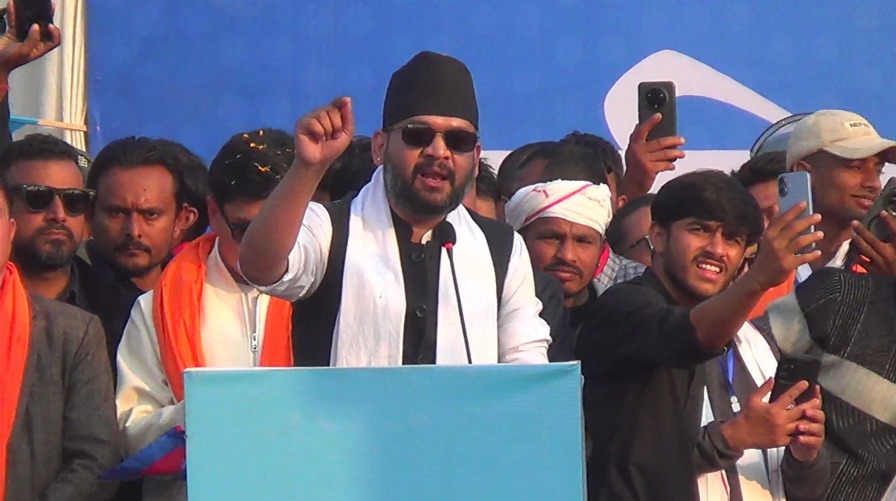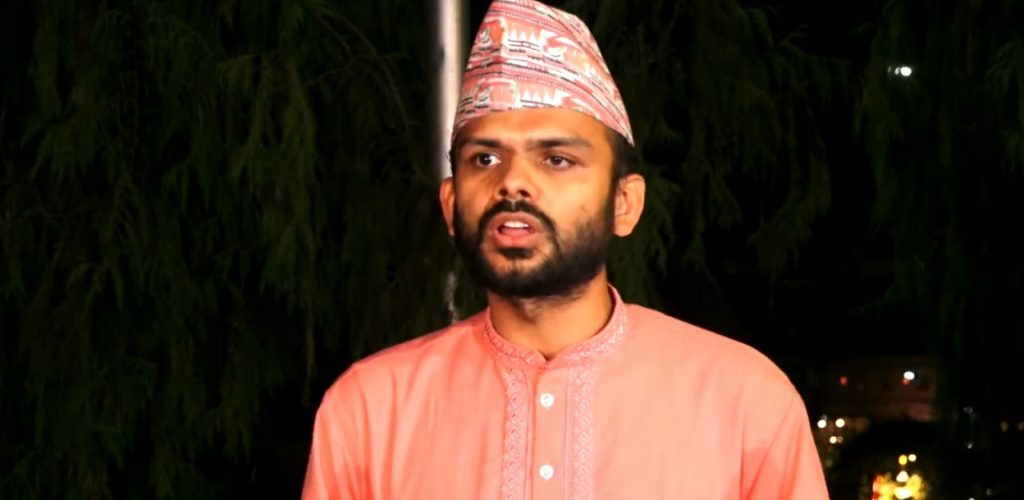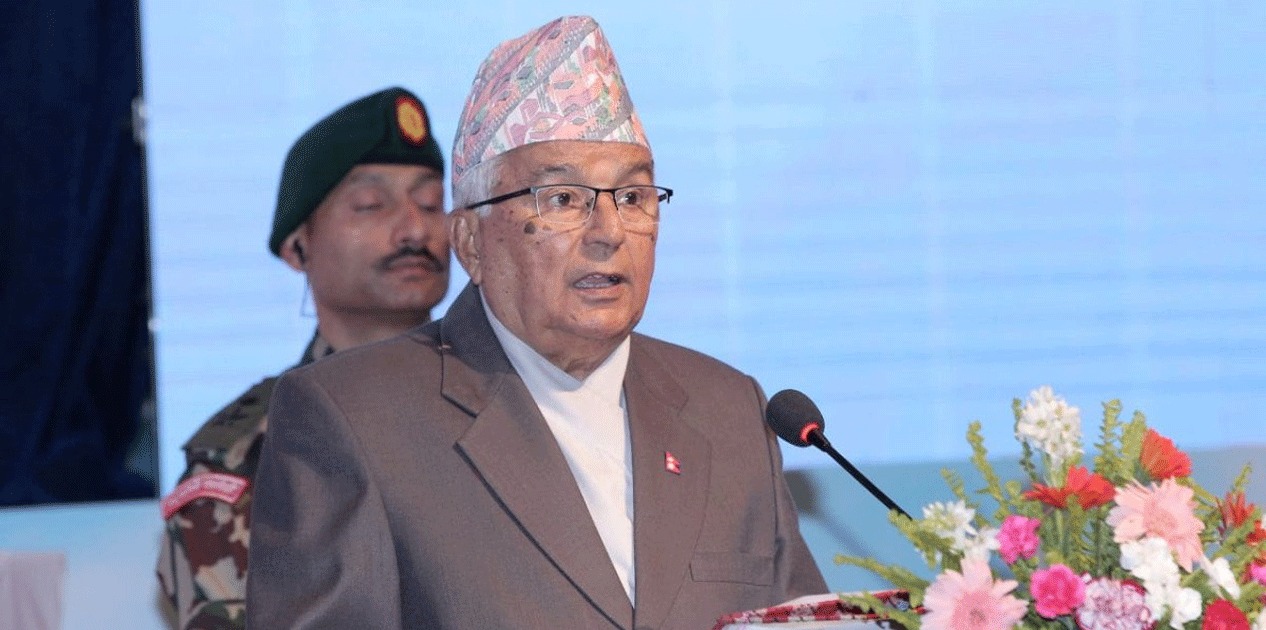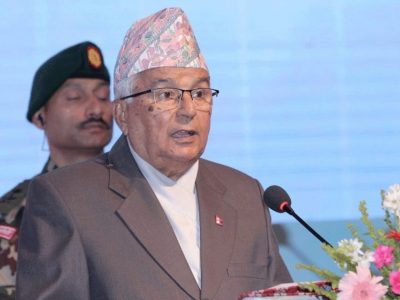Biden decides to END the war with Afghanistan; orders US troops to return back by Sept. 11
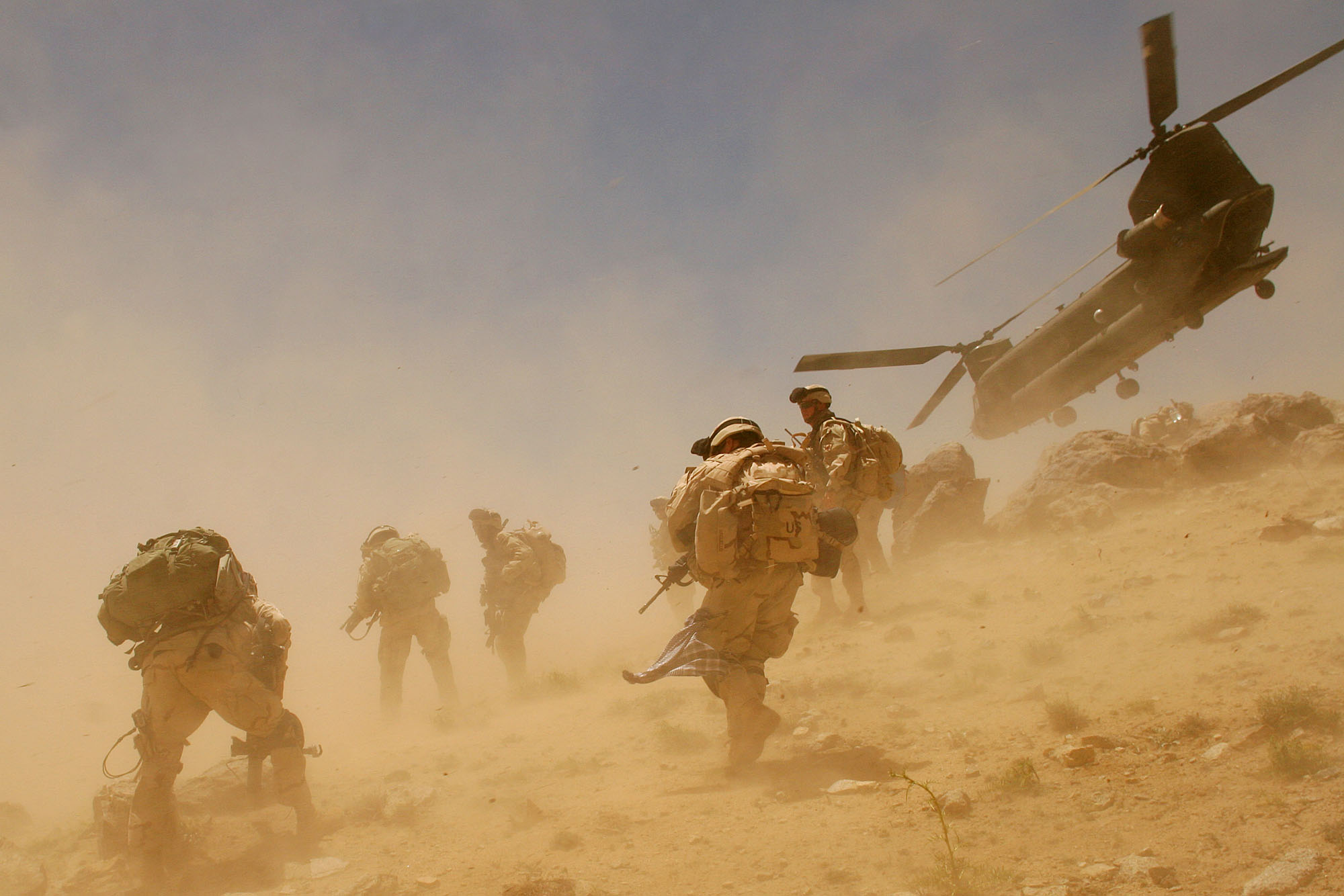
President Joe Biden announced on Wednesday that all U.S. troops will be withdrawn from Afghanistan before Sept. 11, a decision to end the longest war in American history.
“The United States will begin our final withdrawal, begin it on May 1 of this year,” Biden said in his remarks at the White House. “U.S. troops, as well as forces deployed by our NATO allies and operational partners, will be out of Afghanistan before we mark the 20th anniversary of that heinous attack on September 11th.”
Biden delivered the address at the Treaty Room, the same place where then President George W. Bush informed the nation that the U.S. military had begun airstrikes against terrorists in Afghanistan nearly two decades ago.
“It is time to end America’s longest war. It is time for American troops to come home,” he said, noting that the United States has achieved counterterrorism objectives in this war.
In his remarks, Biden made clear that the withdrawal is not subject to any changes of conditions on the ground. “We cannot continue the cycle of extending or expanding our military presence in Afghanistan, hoping to create the ideal conditions for our withdrawal, expecting a different result.”
The upcoming Sept. 11 is the 20th anniversary of the terrorist attacks that drew the United States into war in Afghanistan. Biden said that 2,488 U.S. military personnel were killed, and 20,722 have been wounded in the prolonged war.
This latest decision extends the deadline negotiated between the previous administration and the Afghan Taliban last year to pull U.S. troops out of the country on May 1.
The United States and the Taliban signed an agreement in late February 2020, which called for a full withdrawal of foreign forces from Afghanistan by May 2021 if the Taliban meets the conditions of the deal, including severing ties with terrorist groups.
Taliban spokesman Zabihullah Mujahid tweeted earlier Wednesday that “if the agreement is breached and foreign forces fail to exit our country on the specified date, problems will certainly be compounded and those whom failed to comply with the agreement will be held liable.”
“The Taliban should know that if they attack us as we draw down, we will defend ourselves and our partners with all the tools at our disposal,” Biden warned.
Since February last year, the Taliban has held off on attacking U.S. troops in Afghanistan but increasing attacks against Afghan forces. The Biden administration concluded that the Taliban had not met its commitment under the U.S.-Taliban deal for keeping up ties with al-Qaida.
The Biden administration previously suggested that it would be tough to pull a large number of troops and equipment in weeks’ time due to logistics reasons.
The Pentagon said that there are roughly 2,500 U.S. troops in Afghanistan, but U.S. media recently said the number did not include 1,000 more U.S. special forces in the country. Besides, about 7,000 NATO troops in Afghanistan rely on U.S. logistics and security support.
In the meantime, Biden highlighted that the United States would continue to support the Afghan government and provide assistance to the Afghan military after the withdrawal. “While we will not stay involved in Afghanistan militarily, our diplomatic and humanitarian work will continue.”
He also voiced U.S. support for the peace talks between the Afghan government and the Taliban facilitated by the United Nations.
Biden spoke with Afghan President Mohammad Ashraf Ghani earlier in the day. They discussed continued commitment to a strong bilateral partnership following the departure of U.S. troops from Afghanistan, according to a readout issued by the White House.
The latest decision has drawn criticism from analysts and lawmakers.
Senate Minority Leader Mitch McConnell on Tuesday said in a statement that “Precipitously withdrawing U.S. forces from Afghanistan is a grave mistake. It is retreat in the face of an enemy that has not yet been vanquished and abdication of American leadership.”
“Disappointing that Biden admin opted for calendar- rather than conditions-based withdrawal from Afghanistan,” Richard Haass, president of the Council on Foreign Relations, tweeted Tuesday.
The expert noted that the withdrawal would come with high costs, including possible terrorism revival, a spike in repression by the Taliban, and damage to U.S. reputation.
“I think that the critics make some valid points,” David Gordon, a senior adviser at International Institute for Strategic Studies, told Xinhua.
“But the fact of the matter is that the U.S. has been in Afghanistan for 20 years, the Ghani government has basically refused to compromise with the Taliban, public support for the war in the U.S. was lost quite a while ago, I see the President’s move as the least-bad option,” he said.
A recent threat assessment report released by the Office of the Director of National Intelligence offered some grim predictions: “The Taliban is likely to make gains on the battlefield, and the Afghan Government will struggle to hold the Taliban at bay if the collation withdraws support.”
Gordon, who served as vice-chair of the U.S. National Intelligence Council under the George W. Bush administration, agreed that the balance of forces in a continuing conflict will shift to favor the Taliban due to the U.S. withdrawal.
“But we will also see Russia, Iran, India, and Pakistan – as neighboring states – each become more actively engaged. While they have differing interests, none will favor a rapid Taliban victory,” he said.
Except for the headline and the cover picture, this story has not been edited by DCNepal staff and is published from a syndicated feed by Xinhua.
Facebook Comment
latest Video
Trending News
- This Week
- This Month



